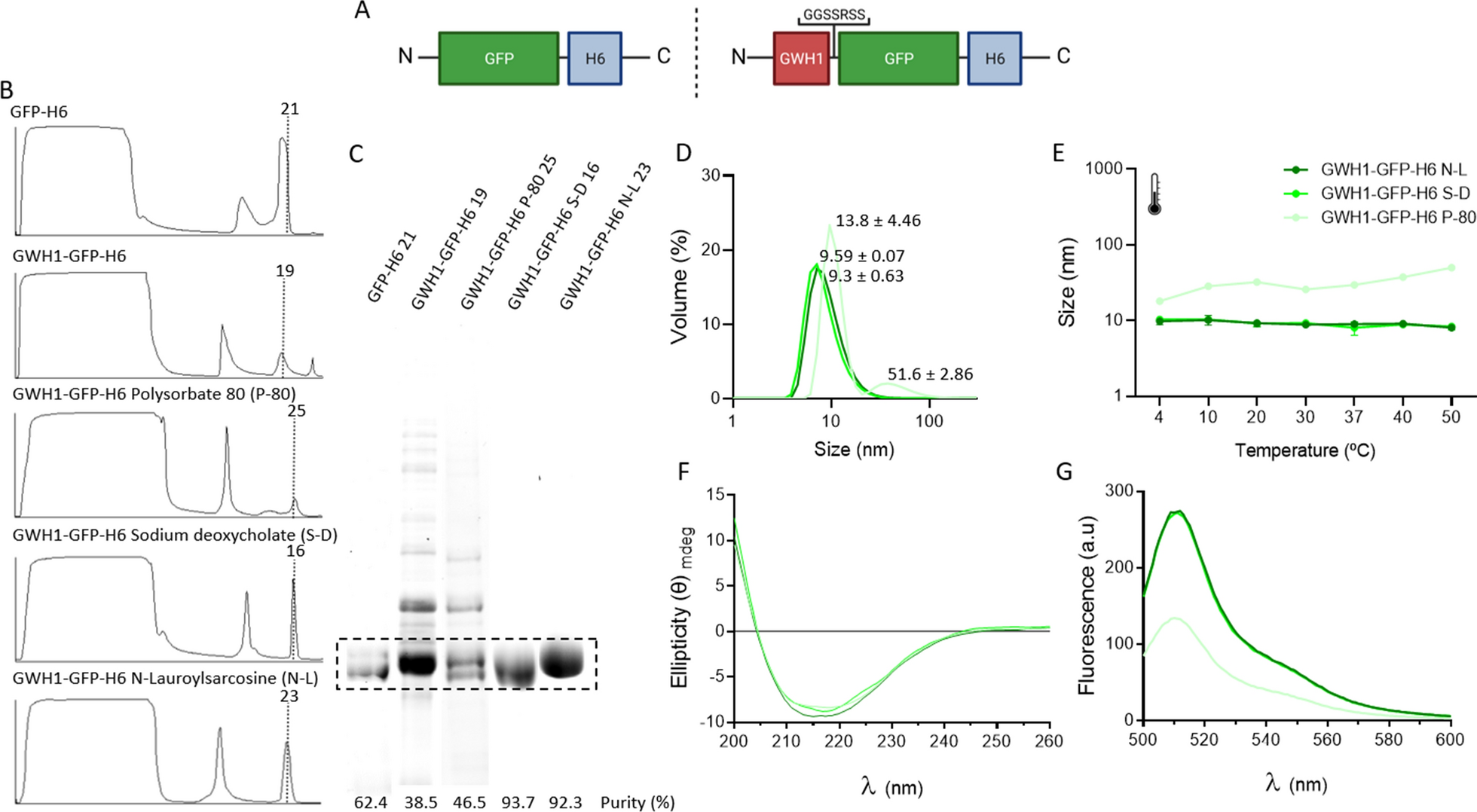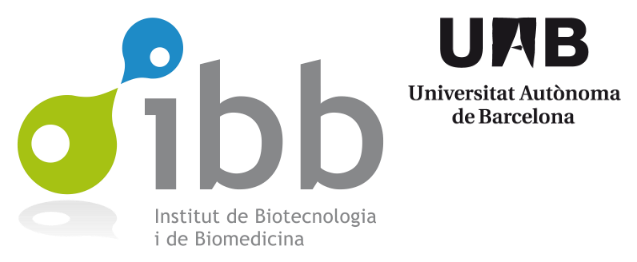Microbial Cell Factories volume 22, Article number: 81 (2023)
https://microbialcellfactories.biomedcentral.com/articles/10.1186/s12934-023-02081-7

Abstract
Background
Recombinant proteins cover a wide range of biomedical, biotechnological, and industrial needs. Although there are diverse available protocols for their purification from cell extracts or from culture media, many proteins of interest such as those containing cationic domains are difficult to purify, a fact that results in low yields of the final functional product. Unfortunately, this issue prevents the further development and industrial or clinical application of these otherwise interesting products.
Results
Aiming at improving the purification of such difficult proteins, a novel procedure has been developed based on supplementing crude cell extracts with non-denaturing concentrations of the anionic detergent N-Lauroylsarcosine. The incorporation of this simple step in the downstream pipeline results in a substantial improvement of the protein capture by affinity chromatography, an increase of protein purity and an enhancement of the overall process yield, being the detergent not detectable in the final product.
Conclusion
By taking this approach, which represents a smart repurposing of N-Lauroylsarcosine applied to protein downstream, the biological activity of the protein is not affected. Being technologically simple, the N-Lauroylsarcosine-assisted protein purification might represent a critical improvement in recombinant protein production with wide applicability, thus smothering the incorporation of promising proteins into the protein market.
